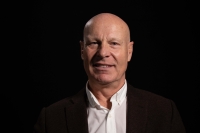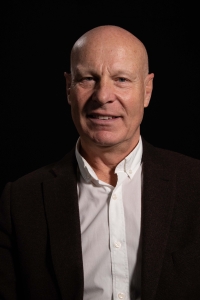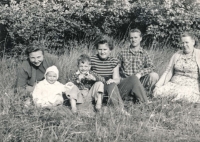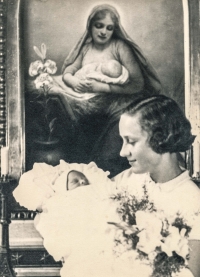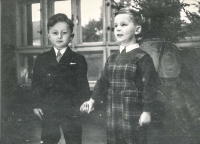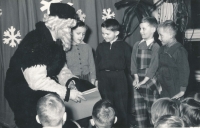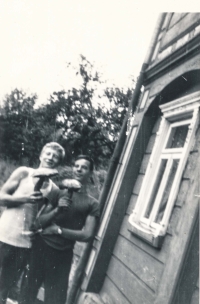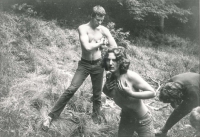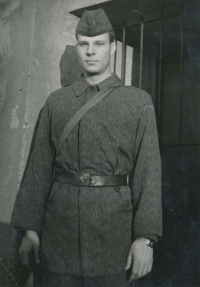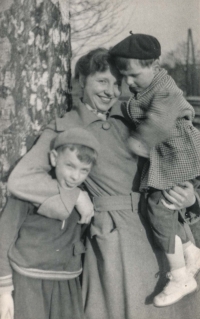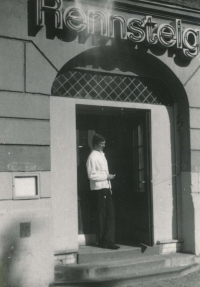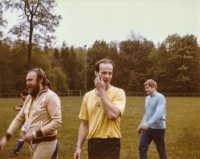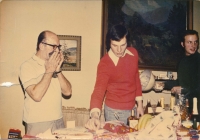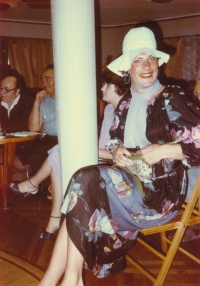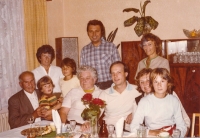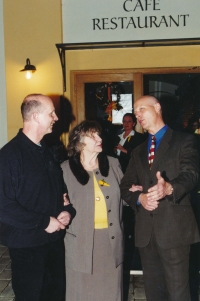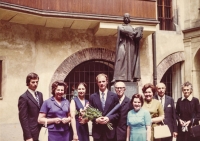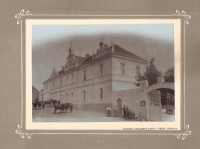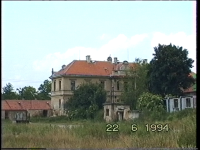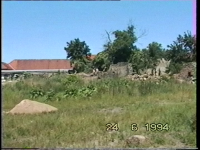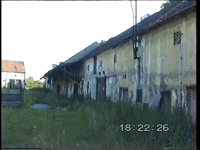You really could not defend yourselves somehow?
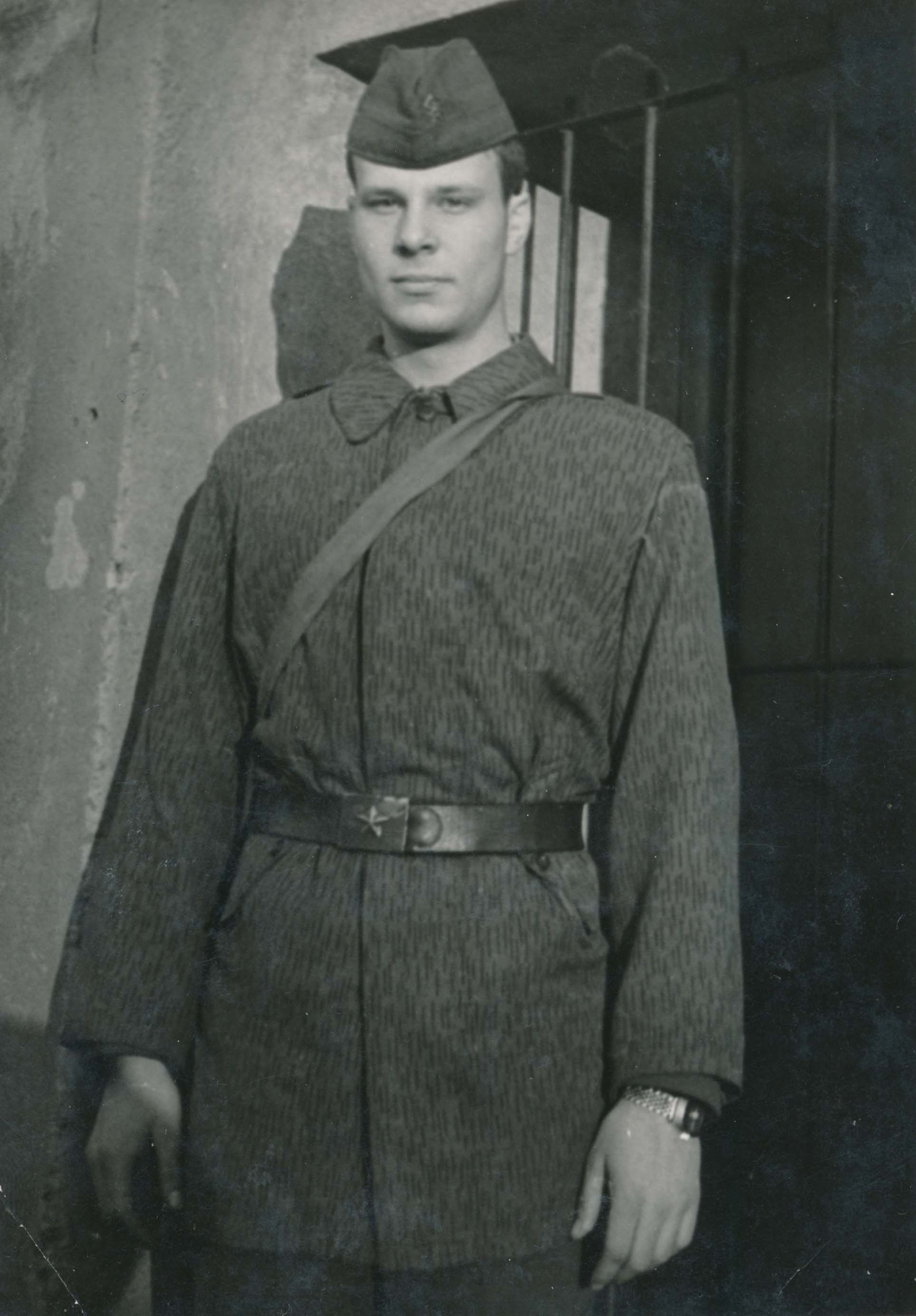
Stáhnout obrázek
Richard Stára was born on 28 August 1955 in Prague. For generations his family owned the Čertousy farm in Horní Počernice, where his father Jaroslav Stára was an accountant. In 1953, in the Kulak action, the family lost everything and the father was never able to work again in adequate job and ended up in the steelworks in Kladno. Richard Stára, as the younger brother, was born into poor circumstances. But his parents managed to create such conditions that he remembers his childhood only in a good way. His role model was his older brother Jaroslav, who went on to become national champion in the athletics decathlon. In his youth, he devoted himself mainly to sports. After primary school, Richard Stára entered the Secondary Hotel School in Poděbrady, where he graduated in 1974. After school he started working as a waiter in the newly opened Prague Intercontinental Hotel. In the same year, he had to do his compulsory two-year military service in Kolín. In 1976 he returned to the Intercontinental Hotel, where he stayed until 1993. He was always totally opposed to the communist regime and never joined the party. When the Iron Curtain fell in 1989, he and his brother immediately started thinking about how to get the family farm Čertousy back. This was achieved in restitution in 1993, although they did not get all the land until 2003. Gradually, they built the luxurious Čertousy Hotel from the devastated farmhouse. In 2008, Richard Stára entered municipal politics as a member of the Prague ODS with the aim of improving the lives of the citizens of Horní Počernice. In 2022, he runs the Chvalská tvrz hotel at the other end of Horní Počernice than the Čertousy Hotel. Čertousy Hotel is run by his brother Jaroslav.
